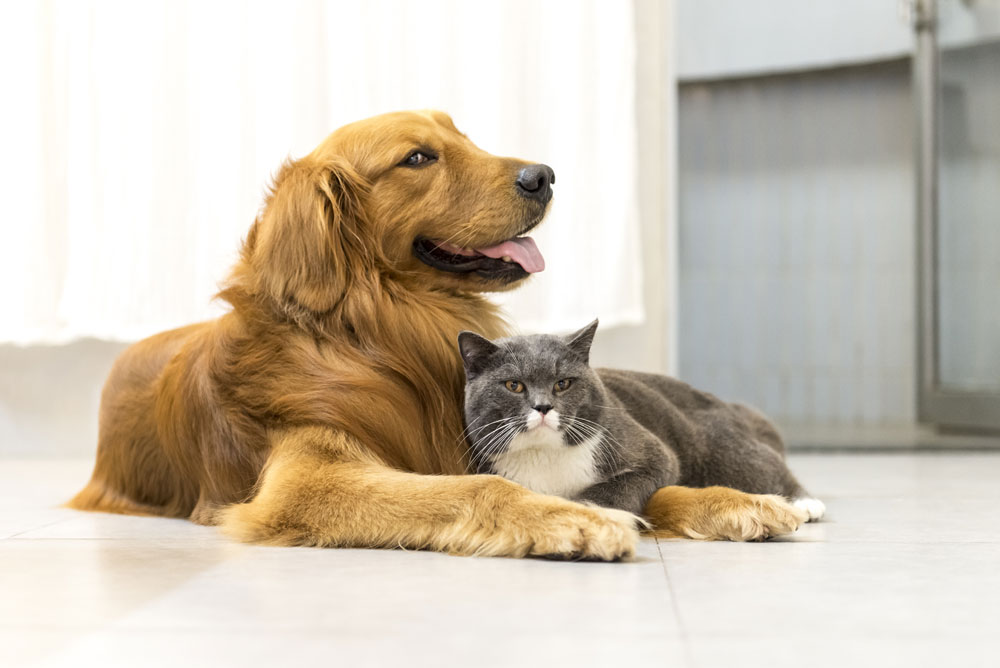Natural Pet Health
Hidden Dangers Of Indoor Air Pollution For Your Pets
Did you know that the air in your home could make your pet sick and lead to them developing respiratory disease? While it’s not clear exactly how many pets get ill from indoor air pollutants, 3.8 million people die each year from diseases such as lung cancer and stroke caused by indoor air pollution. Airborne hazards in the home are just the same for pets as they are for people. From cleaning chemicals to cigarette smoke, indoor air pollution could make your beloved pet seriously ill. While you may not be able to remove all indoor pollutants, there are some simple pet-friendly changes you can make to your home to ensure the air is as clean as possible for everyone.
Improving The Indoor Air Quality
There are some simple steps you can take that will instantly improve the air quality in your home. Ensuring your house is kept clean and well ventilated is a good place to start. However, when it comes to cleaning products, it is important that you choose non-toxic products that are less harmful to your pets and the rest of the family. Regularly vacuum your floors and furnishings and clear out any clutter which could become dust traps. You may wish to invest in an indoor water fountain which has a surprising effect on air quality. Acting as a natural humidifier, they add moisture to a dry room, while also containing a source of negative ions which purifies the air. You may also find that your pets enjoy the running water too.
Don’t Allow Smoking In The Home
It’s extremely important that you don’t smoke in the home and certainly not near your pets. Second-hand smoke is not just bad for humans, but also animals too and can lead to your pets developing certain types of cancer such as nose and lung cancer. Third-hand smoke can also be harmful to your furry friends as well. This is the nicotine residue left behind on clothing, furniture, and carpets in the home.
Risks Of Air Pollution For Pets
As your pet spends most of their time indoors, they are likely to be exposed to more indoor air pollutants than you. This prolonged exposure to polluted air means that pets are prone to developing bronchitis and asthma and throat and nose problems. While indoor air pollution can give us an itchy and sore nose and colds, for a dog whose nose is 40 times more sensitive than humans, the effects can be much worse. Older pets, or those with existing respiratory illnesses, heart conditions and weakened immune systems are also more vulnerable to developing lung and eye irritation caused by the air quality in the home.
You may not see them but there are likely to be pollutants in the air all-around your home. But by taking a few simple steps you can eliminate most indoor air pollution and ensure your beloved pet and the whole family are breathing clean and healthy air.





